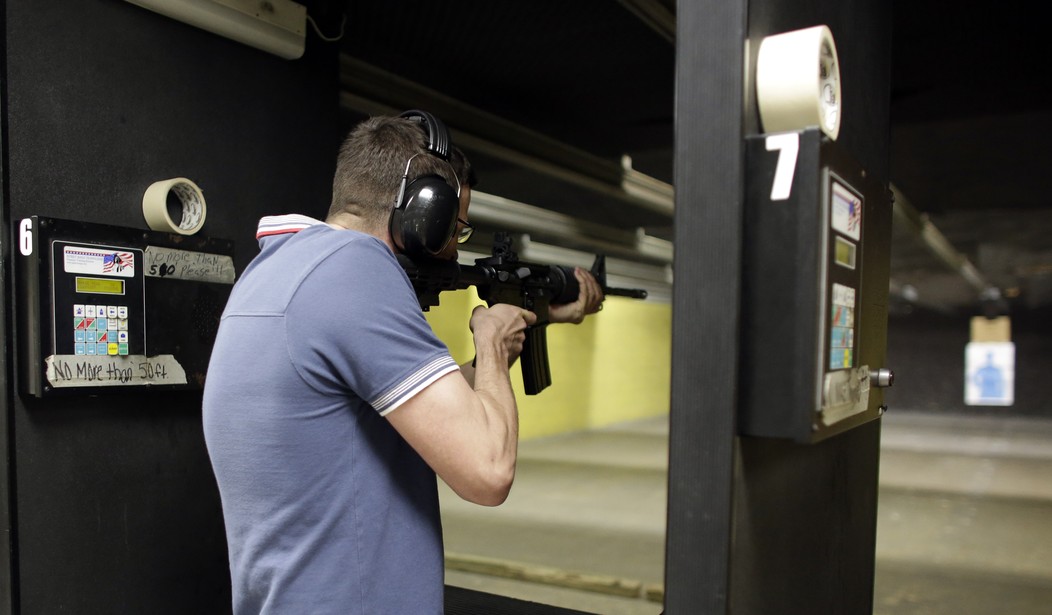When Republicans call for mental health efforts in the wake of mass shootings as opposed to gun control, someone will inevitably point out that mental illness isn’t often tied to acts of violence. Despite that, there are laws saying that therapists and other mental health professionals are required to report people who represent a danger to themselves or others.
One such law exists in Illinois, yet an editorial in the Chicago Sun-Times claims that therapists are unaware of the law.
If doctors or therapists spot someone who is a clear and present danger to themselves or others, they are supposed to report that within 24 hours so police can decide whether it’s appropriate to temporarily remove guns from that person’s possession.
But Dan Kotowski, president and CEO of the nonprofit Kids Above All, says too many physicians, clinical psychologists and qualified examiners don’t know about the law. That’s a flaw that needs fixing.
Under the law, guns can be temporarily removed from someone who demonstrates “threatening physical or verbal behavior such as violent, suicidal or assaultive threats, actions or other behavior.”
…
“There are thousands of people who are in a clinical setting who may present a risk,” Kotowski told us. “There is no reason why we should not have a law on the books [so that] everyone knows this law exists.”
This isn’t an attempt to penalize health care professionals. But if they don’t know what the law requires, they might not take the steps needed to protect communities.
The assumption here is that these mental health experts are unaware of the law, but that’s a bold assumption to make.
After all, I’ve known several therapists and physicians who have told me they have a responsibility to report such people in their states. They’re well aware of this fact.
Kotowski and the editorial board offer absolutely no evidence that therapists are unaware of the law, but they make the claim just the same.
However, my guess is that they just don’t see people reported enough and assume it’s a lack of understanding of the law. I’m not so sure.
After all, mental health treatment relies a lot on trust. The patient must trust the therapist or doctor enough that they’ll open up and talk about what really is going on. That trust is generally facilitated by an understanding that what’s said in the office stays in the office.
Reporting something to the authorities can undermine that trust. Now, suddenly, that office isn’t safe anymore. People can’t open up about any dark thoughts they have without fear of having their guns taken from them or of being reported in general, even if they don’t have guns.
That can push many away from therapists in general.
Now, if someone is dangerous, is that really where we want to go?
Further, let’s also understand that determining someone is really a danger isn’t as cut and dried as some might like to believe, especially if the mental health provider is forced to balance all that against the potential of them walking away from treatment entirely.
And that’s assuming they actually think there’s any real degree of a threat.








Join the conversation as a VIP Member